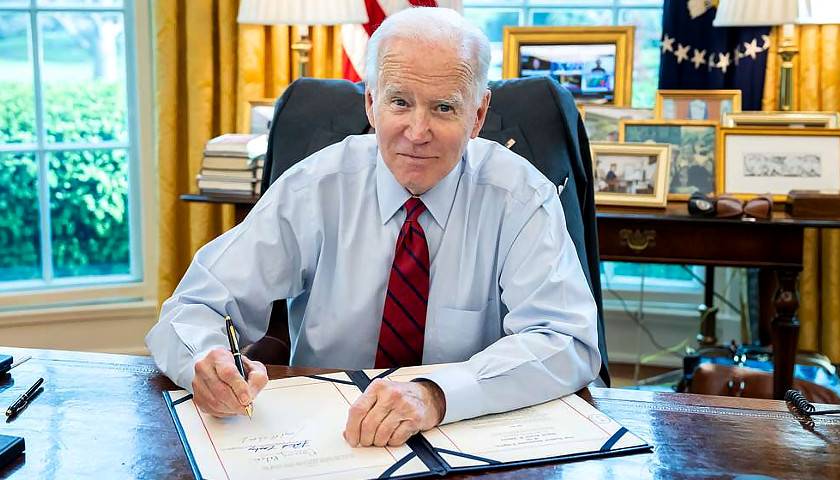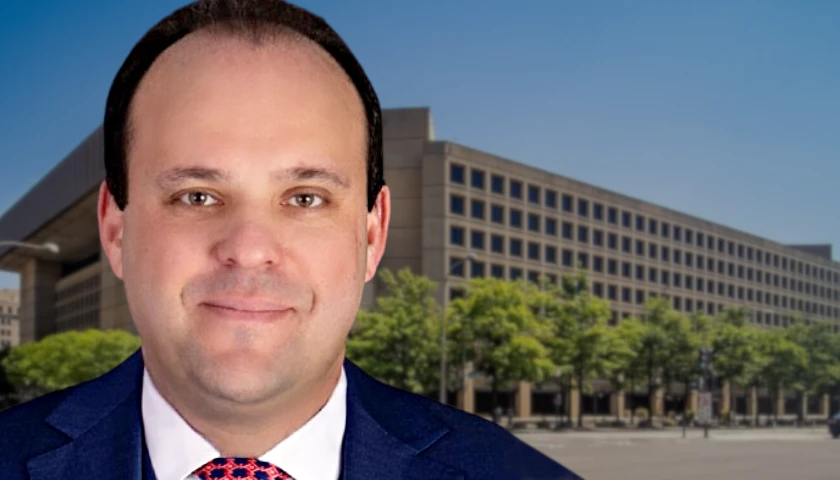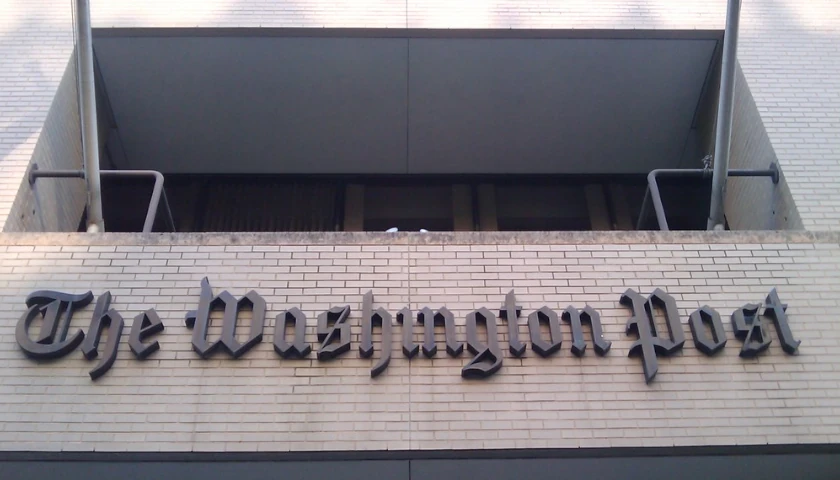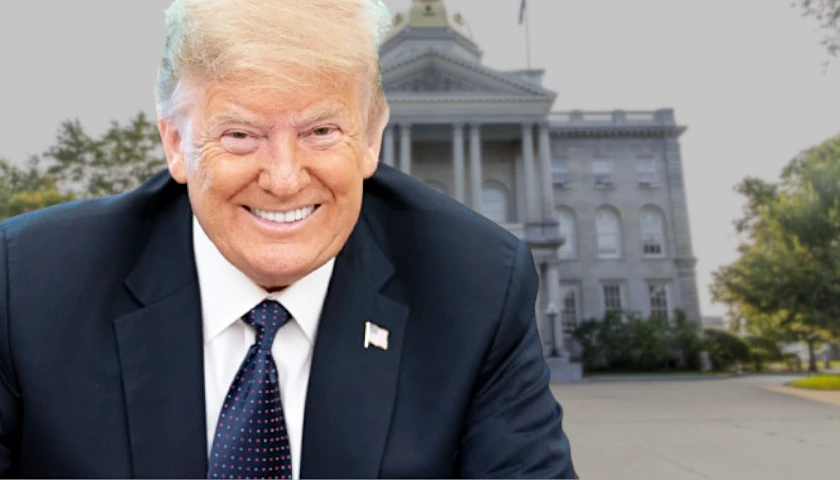by Jason Cohen
President Joe Biden’s administration has recently taken unprecedented action to exert influence over Americans’ digital lives, including broadband internet, net neutrality, social media and artificial intelligence (AI).
The Biden administration is pushing for the Federal Communications Commission (FCC) to claim substantial control over the internet, pursuing a court ruling to gain the right to censor Americans and has issued a broad executive order to regulate AI. Such governmental dominance over the digital realm could have significant adverse effects on American consumers, experts told the Daily Caller News Foundation.
 “These latest moves shift the balance between governmental oversight and individual freedoms heavily toward the government,” Internet Accountability Project Founder and President Mike Davis told the DCNF. “Excessive government control from the Biden administration would curtail the very essence of a free and open digital environment, compromising privacy rights and growing the alliance between Big Tech and the federal government.”
“These latest moves shift the balance between governmental oversight and individual freedoms heavily toward the government,” Internet Accountability Project Founder and President Mike Davis told the DCNF. “Excessive government control from the Biden administration would curtail the very essence of a free and open digital environment, compromising privacy rights and growing the alliance between Big Tech and the federal government.”
Next week, the FCC will vote on President Biden’s plan to give the Administrative State effective control of all Internet services and infrastructure.
I oppose President Biden’s sweeping, unprecedented, and unlawful plan.https://t.co/m4EE4s4d4B pic.twitter.com/ZMafDVG6Cd
— Brendan Carr (@BrendanCarrFCC) November 6, 2023
For instance, the Biden administration has called upon the Democrat-controlled FCC to implement new rules designed to tackle “digital discrimination,” a move that experts argue would drastically broaden the commission’s regulatory authority. The primary focus of the rules, which the commission will vote on on Nov. 15, is to combat “digital discrimination of access” to broadband internet, as expressed in section 60506 of Biden’s 2021 Infrastructure Investment and Jobs Act.
“Biden’s plan would be an unprecedented expansion of regulatory power that grants broad authority to the administrative state over internet services,” Heritage Foundation Tech Policy Center Research Associate Jake Denton told the DCNF. “This plan empowers regulators to shape nearly all aspects of how ISPs [internet service providers] operate, including how they allocate and spend their capital, where they build new broadband infrastructure projects, and what types of offerings are made available to consumers.”
“If enacted, these centralized planning measures could profoundly transform the digital experiences of consumers — a troubling prospect that should worry all Americans about what the future of the internet could look like in this country,” Denton added.
Furthermore, the Biden administration asked the Supreme Court to halt an order that blocked it from engaging in social media censorship after an appeals court partially affirmed it in September. The Supreme Court granted a pause on the injunction in October, but also agreed to consider Missouri v. Biden, a free speech case challenging the administration’s endeavors to suppress social media content, according to a court order.
“President Biden’s pronounced efforts to extend government control over the expansive tech landscape point toward an unprecedented level of government intervention in Americans’ digital lives and basic freedoms,” Davis told the DCNF. “Consolidation of power over the tech space within the government, working in tandem with its corporate allies in Big Tech, will stifle innovation, freedom of speech, and freedom of association. Diversity of ideas and technological advancements will suffer.”
A House Judiciary Committee report published on Monday revealed examples of internet censorship by the federal government, including the Biden administration.
“We see [the Biden administration trying to exercise control of the internet] from the social media side, where there was just new evidence released by [House Judiciary Committee] Chairman Jim Jordan that showed the collusion between the government and social media to censor individual Americans that were simply exercising their free speech rights,” Carr told the DCNF.
Moreover, the FCC is also pushing to restore net neutrality, making a significant move toward reestablishing it in October by voting in favor of a notice of proposed rulemaking. Net neutrality rules force ISPs to provide equal access to all websites and content providers at the same costs and speeds, regardless of size or content.
“We have seen several recent actions that shift from a light touch, free market approach to a more regulatory and precautionary approach including the revival of ‘net neutrality’ … and presumptions that AI should be regulated by the government in a top-down approach,” Cato Institute Technology Policy Research Fellow Jennifer Huddleston told the DCNF. “These actions are concerning as the light touch approach the U.S. has traditionally taken has benefited consumers by allowing entrepreneurs and innovators to enter the market with minimal government intervention or barriers.”
Biden recently signed the first ever AI executive order at the end of October and it is sweeping, covering areas such as safety, security, privacy, innovation and “advancing equity,” according to its fact sheet.
“The through line between all of these various things that are going on, including the administration’s new AI executive order … is there should be nothing that takes place on the internet that the administrative state doesn’t have a say to second guess it,” Carr told the DCNF.
– – –
Jason Cohen is a reporter at Daily Caller News Foundation.




